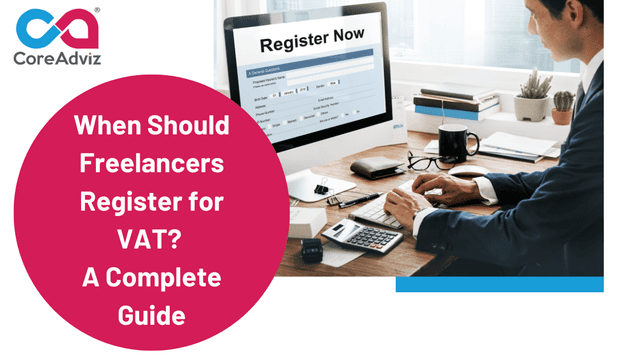
HomeBlog Cloud Accounting Pros & Cons Top Cloud Accounting Tools in UK 2005
Cloud Accounting Pros & Cons Top Cloud Accounting Tools in UK 2005
Kausik MukherjeeCloud Accounting
Nowadays cloud accounting are being used by many businesses across the UK are rapidly to manage their finances. Cloud accounting has become not just a trend but a strategic necessity for companies of all sizes. From SMEs to large enterprises, everyone is adopting this technology to make the entire business process easy and fast.
But is cloud accounting the right move for every business? Let’s explore the advantages, potential drawbacks, and the top tools available in the UK market.
What Is Cloud Accounting?
Cloud accounting is the use of accounting software that is hosted on remote servers (the cloud). Generally traditional accounting systems are installed on a specific computer or server. Whereas, cloud accounting allows users to access financial data from anywhere with an internet connection.
Benefits of Cloud Accounting in 2005
One of the biggest advantages of cloud accounting is real-time data access. Anyone who wants to access data with their proper log in credentials can log in simultaneously and view the same data at same time from anywhere.
1. Real-Time Access and Collaboration
One of the biggest advantages of cloud accounting is real-time data access. Anyone who wants to access data with their proper log in credentials can log in simultaneously and view the same data at same time from anywhere.
2. Automation and AI Integration
Modern cloud platforms now use AI to do things like sort expenses, track spending, create invoices, and predict cash flow. These tools help save time and make your finances more accurate.
3. Cost Efficiency
Most cloud accounting tools operate on a monthly subscription basis therefore businesses need not to pay large upfront software costs. It helps businesses save on their IT infrastructure and maintenance also.
4. Compliance and Making Tax Digital (MTD)
If your business is registered for VAT, you must keep digital records and send tax returns using special software, as required by HMRC’s MTD rules. Cloud accounting software is made to meet these rules, so you can stay compliant easily.
5. Data Security and Backup
Top cloud accounting tools keep your data very safe. They protect it like a bank does, save it automatically, and can get it back if something goes wrong. This is often safer than storing everything on your own computer.
Drawbacks of Cloud Accounting
Internet Dependence
You need a good internet connection to use cloud accounting. If the internet is slow or weak, it can be hard to open or update your records.
Subscription Costs Add Up
Cloud accounting may seem cheaper at first, but monthly fees and extra add-ons can add up over time. In the long run, it might cost more than buying software just once.
Learning Curve
Some cloud accounting tools can be confusing, especially if you don’t know much about accounting or technology. You might need some training or help to get started.
Top Cloud Accounting Tools in the UK (2025)
Xero
Best for: Small to medium-sized businesses
Xero remains one of the most popular choices in the UK. With an intuitive dashboard, robust integrations, and excellent reporting tools, Xero supports MTD for VAT, payroll, and multi-currency options.
Pros & Cons
This platform offers a clean, user-friendly interface and is highly scalable, making it a great choice for growing businesses. It also benefits from a strong app ecosystem, allowing users to extend functionality as needed. However, some advanced features are only available in the more expensive plans, and its inventory tracking capabilities could use improvement.
QuickBooks Online
Best for: Freelancers and small businesses
QuickBooks Online combines simplicity with power. It’s great for invoicing, mileage tracking, and cash flow management. Their mobile app is particularly strong.
Pros & Cons
This platform offers a user-friendly mobile experience, making it easy to stay connected and productive on the go. Its excellent support and smart automation tools streamline tasks and improve efficiency. However, the platform has limited project management capabilities compared to more specialized tools.
Conclusion
In 2025, cloud accounting isn’t optional for business. It helps with digital tax rules, gives real-time updates, and automates tasks. But before choosing a platform, think about what your business needs. Try out a few options and talk to your accountant to pick the right one.


